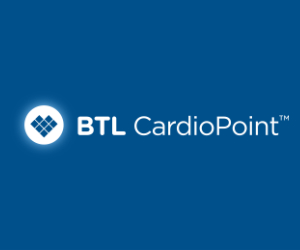Brain fog in menopause: a health-care professional’s guide for decisionmaking and counselling on cognition
Midlife women commonly experience changes in their cognitive function as they transition through the menopause and express concern about whether these changes represent the initial stages of a more serious cognitive disorder. Health-care practitioners play an important role in counselling women on cognitive changes at midlife and normalizing women’s experience. The aim of this commissioned International Menopause Society White Paper on cognition is to provide practitioners with an overview of data informing clinical care of menopausal women and a framework for clinical counselling and decision-making. Among the topics presented are the specific cognitive changes occurring in the menopause, the duration of such changes and their severity. The role of estrogen and menopause symptoms is reviewed. We present talking points for clinical counselling on the effects of hormone therapy on cognition and dementia risk in women, including discussion of absolute risk. Lastly, a brief review of modifiable risk factors for age-related cognitive decline and dementia is presented, with guidance for counselling patients on optimizing their brain h . ealth at midlife and beyond.
Key words:
cognition; dementia; memory; menopause; menopausal hormone therapy; perimenopause





